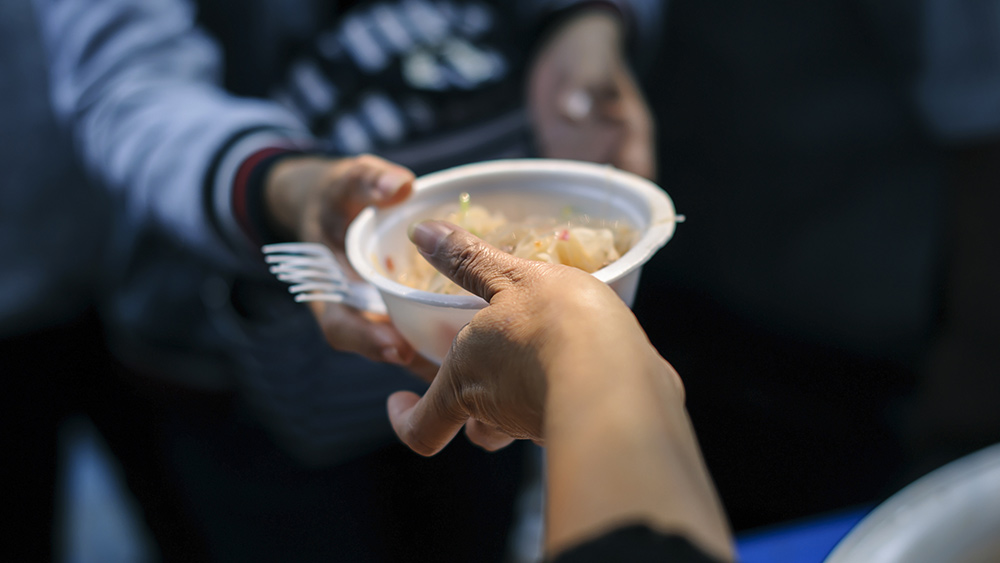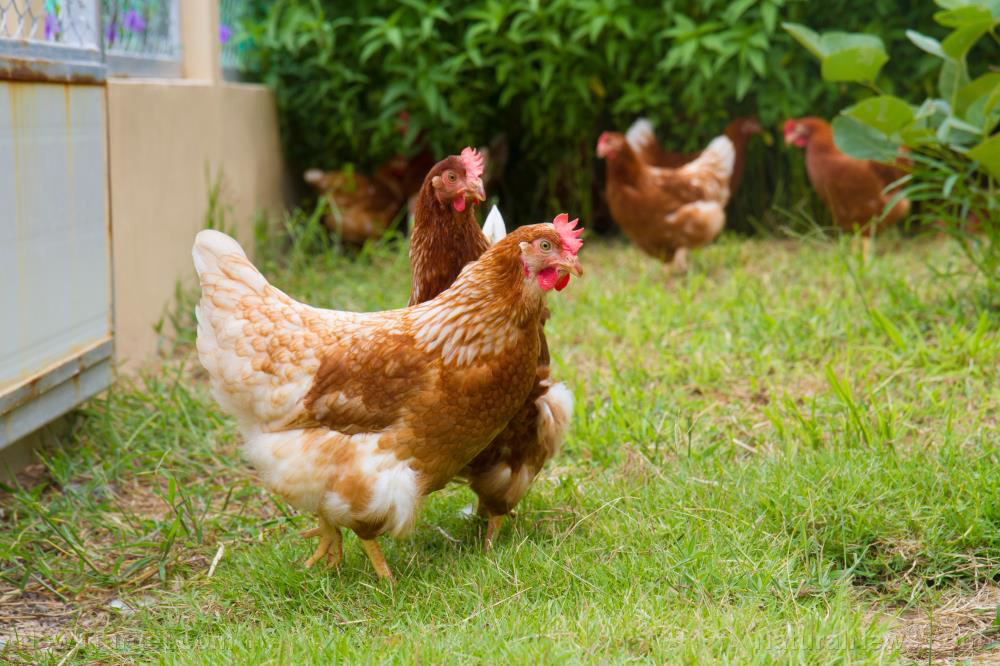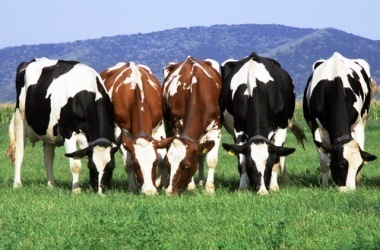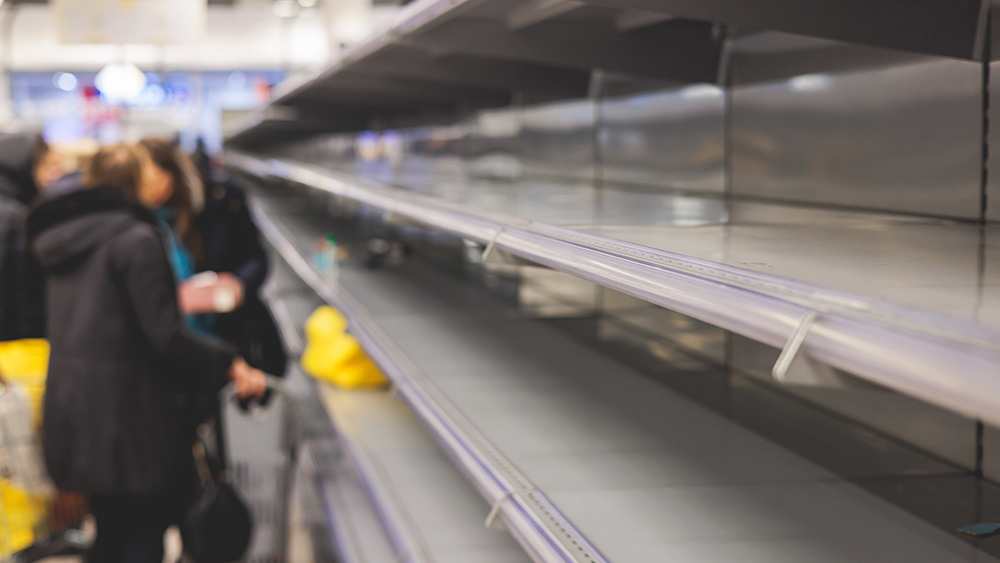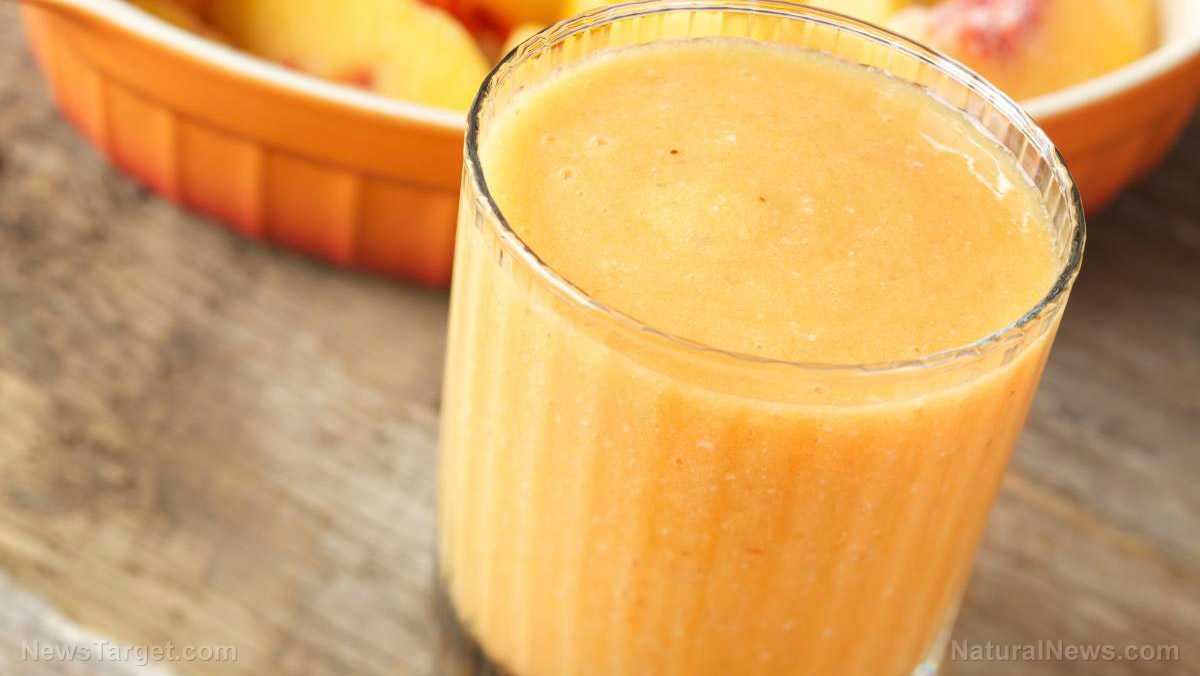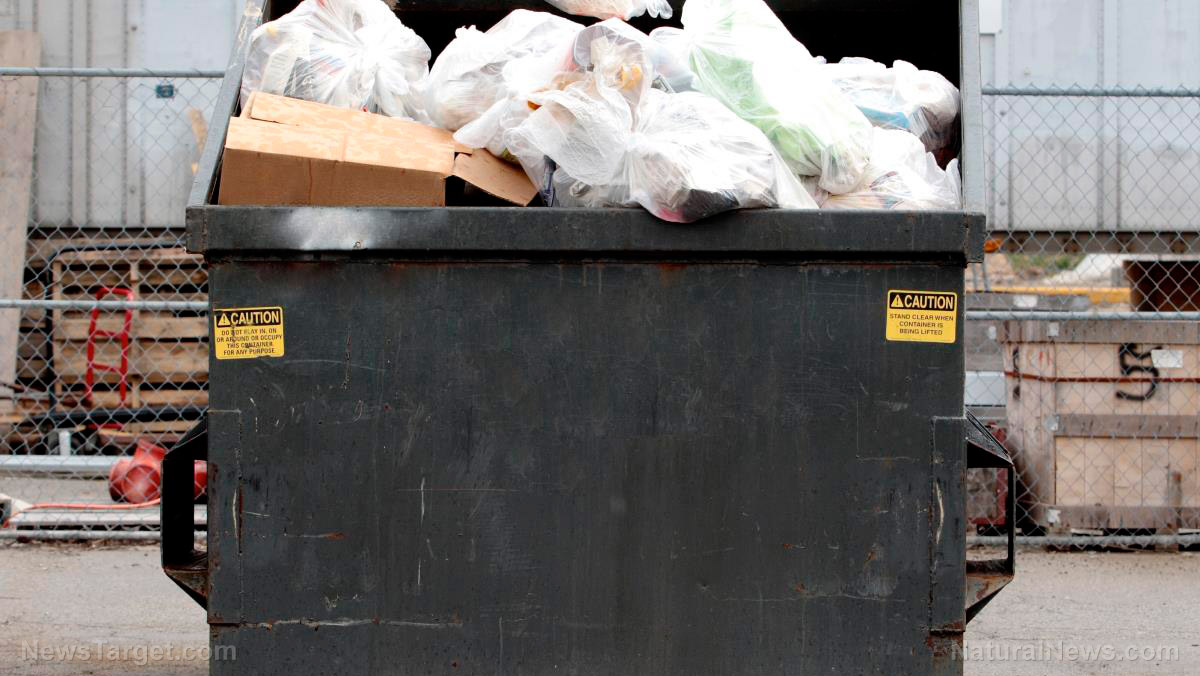Synthetic food market projected to hit $3 trillion as fake world goes nuts for fake food
03/31/2023 / By Ethan Huff

Often referred to in the industry as “the bio revolution” or synbio (short for synthetic biology), fake food, according to the consulting firm McKinsey & Company, is projected to become a $3 trillion market once fully fleshed out.
As much as 60 percent of the physical inputs into the entire global economy, the group found, “could, in principle, be produced biologically…” This means that not only will there be fake meat on the market, but also fake milk, fake fat, and pretty much fake everything.
(Related: Check out our earlier coverage about how just about everything in America had already become fake even before the Wuhan coronavirus [Covid-19] changed the world forever.)
“.. about one-third of these inputs are biological materials (wood or animals bred for food) and the remaining two-thirds are nonbiological (plastics or fuels) but could potentially be produced or substituted using biology,” McKinsey wrote in a report about the fake food industry.
Many of our readers are already well aware of companies like Impossible Foods and Beyond Meat, these being the two major players dominating the fake meat industry. Now, the world’s first fake fat, called “cultured oil,” has also been released.
Billionaire eugenicist Bill Gates also unveiled fake milk back in June 2020 while the world was distracted with covid, George Floyd, Black Lives Matter (BLM), and other manufactured crises. Gates launched the synthetic, laboratory-made “human” milk product for babies as a startup company under the ticker BIOMILQ.
“Using mammary epithelial cells placed in flasks with cell culture media, the cells grow and are placed in a bioreactor that the company says ‘recreates conditions similar to in the breast,'” The Defender reported about the product.
Beware of “precision fermentation,” a deceptive technology that’s NOT the same as traditional food fermentation
In order to trick as many people as possible into eating these lab-made chemical concoctions, those behind them are having to come up with tricky terminology that makes them sound more natural.
One popular industry buzzword currently being thrown around is “precision fermentation,” which piggybacks on the popularity of truly health-promoting natural fermentation.
“It’s a form of synthetic biology that’s been around for at least 20 years,” explains Dr. Joseph Mercola about precision fermentation and what it actually entails.
“It uses genetically engineered (GE) microorganisms, such as yeast and bacteria, that are fermented in brewery-style tanks under high-tech, pharmaceutical-grade sterile conditions. This is because these cultures are highly susceptible to contamination which would ruin the entire batch.”
“And, contamination can happen easily, so billions of dollars have been poured into this technology, which is using biological pathways that have never existed in nature before.”
In other words, much like Wuhan coronavirus (Covid-19) “vaccines,” precision fermentation “foods” are entirely experimental. Nobody knows what they really do to the human body, but that does not matter when a potentially $3 trillion industry awaits.
“They’ve obliterated the precautionary principle, as the long-term outcomes are completely unknown, to produce fake meats, fake fats and fake milk,” Mercola warns about the greedy entities behind the fake food movement.
“But it’s all serving the underlying agenda, which is total control and world domination. There’s no easier way to achieve this than by taking control of the food supply … These fake, ultra-processed foods give the globalists unprecedented power and control over human health, and they’re using stealthy marketing techniques.”
Keep in mind that the food items these fake food products aim to replace are, in many cases, just as unhealthy. Mercola points to the seed oils commonly used in processed foods, which are health-destroying all on their own even without precision fermentation.
More related news can be found at FoodEvolution.news.
Sources for this article include:
Submit a correction >>
Tagged Under:
chemicals, fake, fake food, fake meat, food, food science, franken food, genetic editing, genetic engineering, genetic modification, stop eating poison, synbio, synthetic, synthetic biology, toxic
This article may contain statements that reflect the opinion of the author
RECENT NEWS & ARTICLES
COPYRIGHT © 2022 FoodPolice.news
All content posted on this site is protected under Free Speech. FoodPolice.news is not responsible for content written by contributing authors. The information on this site is provided for educational and entertainment purposes only. It is not intended as a substitute for professional advice of any kind. FoodPolice.news assumes no responsibility for the use or misuse of this material. All trademarks, registered trademarks and service marks mentioned on this site are the property of their respective owners.



